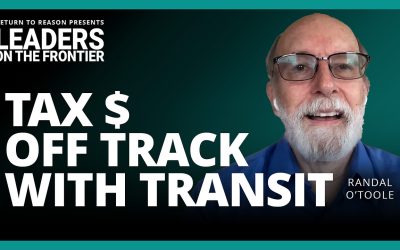Introduction
The Saskatchewan Transportation Company (STC) is the main provider of bus passenger transportation services in Saskatchewan. Formed in 1946, the company is one of the province’s original government-owned enterprises. Until the early 1980s, STC managed to provide province-wide bus service with little obvious cost to Saskatchewan taxpayers. Since then, the company has required millions of dollars in annual subsidies. It continues to lose money with no realistic hope of breaking even.
Losses are accumulating for many reasons beyond the company’s control. The market is shrinking. Much of the market area served primarily rural Saskatchewan is losing population due to aging and migration to urban centres. Changing travel patterns compound the problem—more transportation consumers are choosing to travel by personal vehicle—generally, a cheaper and more convenient transportation mode.
Most STC routes are so marginal that revenue does not even cover the direct operating costs. Of 29 routes, only the Regina-Saskatoon and the Saskatoon- Prince Albert routes cover over-the-road costs. STC buses lost $2.63 per mile of service in 2012.1
STC has been dependent on provincial subsidies since restructuring in 1997. Prior to that, STC merely borrowed money from the province that it never repaid. As part of the restructuring, the province extinguished $26-million of STC debt.2 In 2012, STC required an operating subsidy of $9.2-million, up from $1.75-million in 2000.3 The capital grant for 2012 was $2.3-million.4 In addition to annual operating and capital subsidies, STC received $26.2-million from the provincial government to build a new bus terminal in Regina, which was completed in 2008.5
View entire study as PDF (16 Pages)


